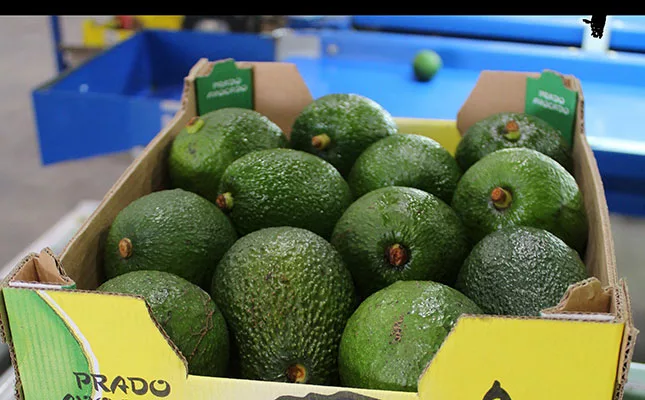
Speaking at the Subtrop Marketing Symposium 2025, held recently in White River, Mpumalanga, Shelly Vorster, marketing director at the World Avocado Organisation (WAO), said that this year, the EU’s avocado consumption had surpassed one million tons for the first time, reaching 1,07 million tons.
The EU now absorbs 30% of global avocado volumes, yet consumption per capita shows significant room for growth.
READ Avocado production: Western Cape vs the northern provinces
“In Nordic countries and Germany, annual consumption averages around 2kg per person, while in the UK it’s 1,8kg and in France 2,3kg. This shows there’s still enormous untapped potential,” Vorster said.
She emphasised that effective consumer education remained central to boosting demand. “If consumers don’t understand the value of avocados, they won’t buy them. We need to stop them in their tracks in-store through promotions and drive the conversation on social and in traditional media.”
Understanding consumers will drive the next export wave
Consumer motivations vary widely across markets, and marketing messages should be tailored to those nuances to avoid wasting marketing budgets.
“In France, people associate avocados with heart health, while in India, they care more about fibre and blood sugar control,” Vorster explained.
WAO’s research, based on more than one million consumers across 11 countries, found that in Romania, Poland, and Portugal, avocado buyers were typically older empty-nesters; while in the UK, Spain, and France, they were younger parents with school-aged children.
Understanding the ‘gatekeepers’ – those who make the purchasing decisions – is essential, since children often influence household buying habits.
READ The pitfalls of gambling with vegetables on the market
While most consumers are unconcerned about the origin of their avocados, quality plays a decisive role in repeat purchases.
“A single bad eating experience can deter a consumer from buying avocados for up to 13 weeks. For suppliers with short seasons, this can mean losing sales for the entire time they are on the market,” Vorster added.
The research showed that the biggest reason consumers don’t buy avocados more often is disappointing quality or fruit that doesn’t ripen properly. Consistency in quality is therefore needed to build trust and increase sales.
Government aims to accelerate export approvals
Minister of Agriculture John Steenhuisen told delegates through a virtual presentation that while South Africa’s fruit industry remains globally competitive, non-tariff barriers such as phytosanitary restrictions continue to slow export growth.
He said new agricultural attachés in strategic regions could help speed up technical inspections, creating opportunities for high-potential markets such as India, China, and Japan.
Steenhuisen said government teams would visit the Middle East in January to advance market access for litchis and emphasised that credible biosecurity systems were vital to maintaining open markets.
“One interception can close a market overnight. We must move from a reactive to a proactive model of biosecurity to keep our systems trusted and our markets open,” he said.
Get trusted farming news from Farmers Weekly in Google Top Stories.
➕ Add Farmers Weekly to Google ✔ Takes 10 seconds · ✔ Remove anytime






